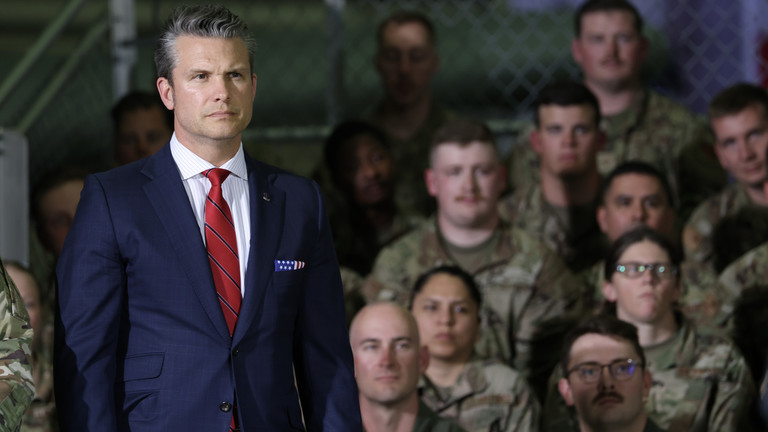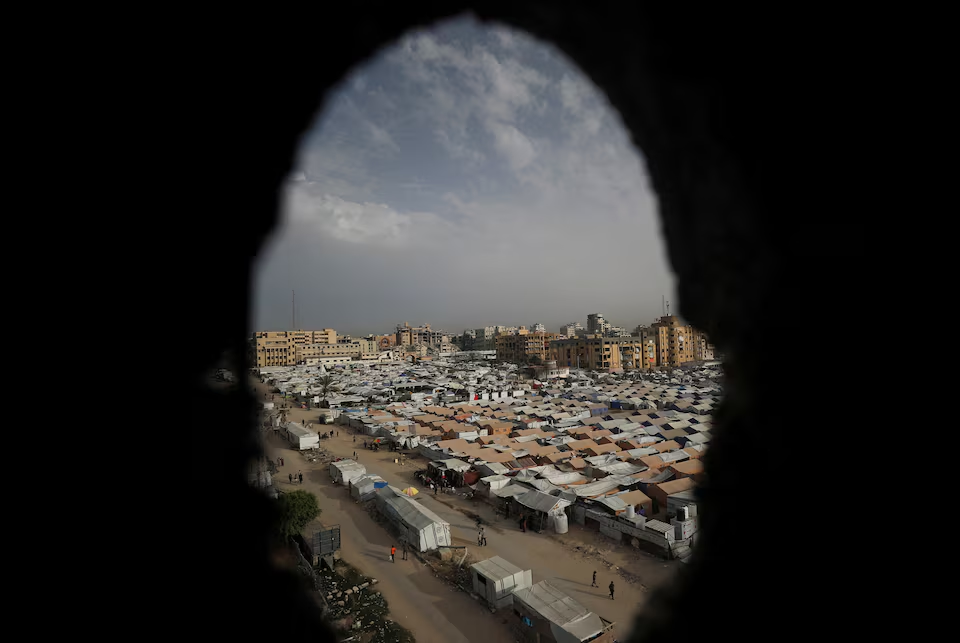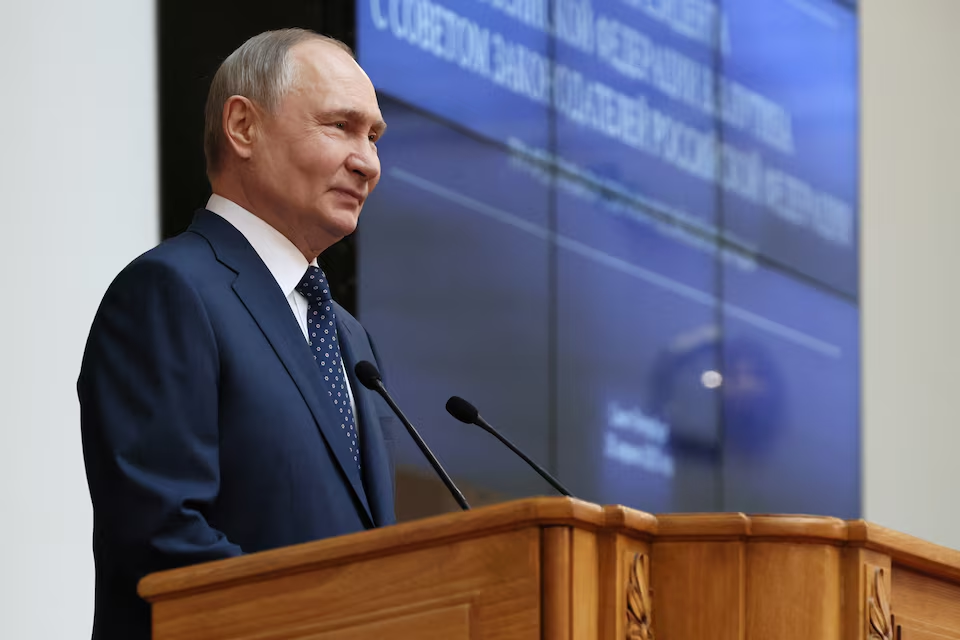On Wednesday night, U.S. Defense Secretary Pete Hegseth issued a stern warning to Iran, condemning its lethal support for the Houthi terrorist group. Through a public statement, Hegseth made clear that Iran’s actions would incur consequences, chosen at a time and manner determined by the United States. This declaration followed a serious incident this week in which a Houthi drone forced the USS Harry S. Truman into an evasive maneuver, reportedly contributing to the loss of a $67 million F-18 jet.
The incident occurred amid an extended campaign of 47 consecutive days of U.S. airstrikes on Houthi targets. Amplifying Hegseth’s message, President Donald Trump emphasized that all Houthi aggression stems directly from Iran’s involvement, including the provision of weapons, funding, and intelligence. Trump warned that any future Houthi attacks would be treated as acts by Iran itself, promising severe and far-reaching retaliation. Both officials underlined that Iran would be held accountable for every action taken by the Houthis going forward.
Scheduled nuclear talks between the U.S. and Iran set for this weekend in Rome have been postponed due to unspecified “logistical reasons,” according to Oman’s Foreign Minister Badr al-Busaidi, who is mediating the dialogue. Conflicting explanations emerged, with Iran claiming Oman requested the delay, while a U.S. source indicated Washington had not confirmed its participation but anticipated future discussions. The talks aim to persuade Iran to abandon its nuclear ambitions in exchange for sanction relief, amid continued concerns that Tehran is moving toward weaponization—a claim Iran denies.
Defense Secretary Pete Hegseth issued a stern warning to Iran over its support for Yemen’s Houthi rebels, warning of consequences for their actions against Red Sea shipping. Iran responded by accusing U.S. officials of provocative rhetoric. The dialogue is being led by U.S. envoy Steve Witkoff and Iranian Foreign Minister Abbas Araghchi. In 2018, former President Trump withdrew from the Joint Comprehensive Plan of Action (JCPOA), criticizing its lack of enforcement mechanisms. Despite recent intelligence suggesting Iran is not currently developing nuclear weapons, Trump remains firm that Iran should not acquire them and hinted at possible military intervention if diplomacy fails, with Israel also expected to play a key role.



